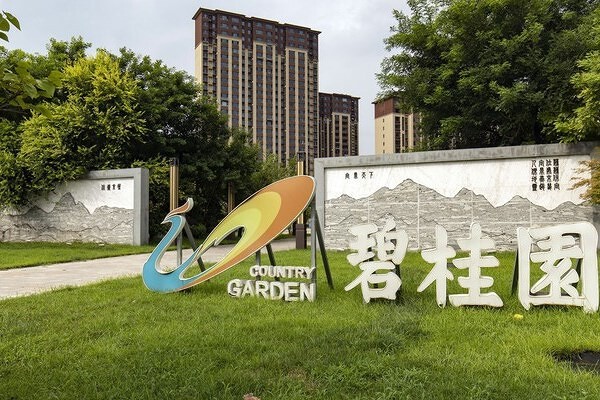 |
| Country Garden has about 30 days left to make its overdue payment or risk default. (Source: Bloomberg) |
Once China’s largest real estate company, Country Garden’s debt default is drawing attention from the public and many investors after it missed payments on two types of dollar bonds worth up to $22.5 million earlier this month and had trading of 11 domestic bonds suspended last week.
Country Garden has about 30 days to make the overdue payment or risk defaulting. The company also said it would “do everything possible to save itself and make every effort to carry out projects and repay debts.”
To prevent a default, Country Garden has proposed a debt extension plan for a batch of domestic bonds with a total value of 3.9 billion yuan ($533.6 million), scheduled to mature on September 2, according to Chinese media.
The company is also seeking to reach an agreement with its creditors, under which Country Garden will pay each creditor 100,000 yuan in advance and repay the remaining amount in seven installments over three years.
JPMorgan estimates that Country Garden and its subsidiaries will face more than $2.5 billion in bond payments and domestic and foreign debt maturing before the end of this year.
“The general rule is that if a company cannot pay all bondholders when they come due, it will have to stop paying all creditors and restructure its debt,” JP Morgan commented.
Without additional credit support from Chinese regulators and major financial institutions, Country Garden will continue to see a growing risk of defaulting on overseas debt, analysts at financial services firm Morningstar said.
To continue to survive, some measures that Country Garden can apply include asset liquidation, debt extension, exchange offer, stock issuance…
“Despite the theory, asset disposals and debt swaps are unlikely to help real estate companies eliminate their debts. Many companies have adopted such measures but still cannot avoid the risk of default,” said an analyst at Morningstar.
Mr. John Lam, CEO, head of China and Hong Kong (China) real estate research department of UBS bank, said that if Country Garden defaults, the negative impact will be that other real estate companies will also follow suit and fall into crisis.
Economists fear that Country Garden's liquidity crisis could spread to its peers as mortgage values fall and people become more cautious about buying homes, especially in smaller cities.
Privately run real estate developers with projects in smaller Chinese cities would be at risk if industry giant Country Garden defaults, according to investment management firm T. Rowe Price Group and investment bank Jefferies Financial Group.
“The consequences of Country Garden’s default will affect other private developers and cause a contagion effect,” said Sheldon Chan, portfolio manager at T. Rowe Price. “In the event of a default, other private developers may also suffer collateral damage.”
However, according to Mr. Ron Thompson, CEO of global restructuring consultancy Alvarez & Marsal (A&M) Asia, bankruptcy is sometimes not necessarily the "doomsday" because it can be a good choice, helping companies preserve cash, restructure and ensure the rights of some related parties.
“The problem with some Chinese real estate companies is that in order to avoid bankruptcy, they have borrowed a lot of money and incurred a lot of costs without coming up with a sustainable solution,” Mr. Ron Thompson analyzed.
Source


![[Photo] Binh Trieu 1 Bridge has been completed, raised by 1.1m, and will open to traffic at the end of November.](https://vphoto.vietnam.vn/thumb/1200x675/vietnam/resource/IMAGE/2025/10/2/a6549e2a3b5848a1ba76a1ded6141fae)





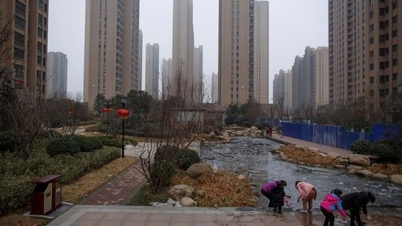







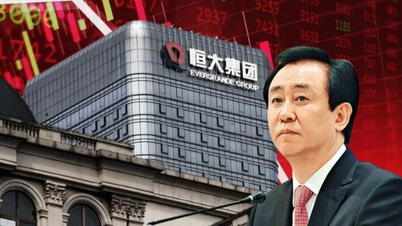
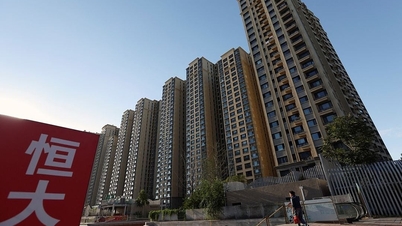



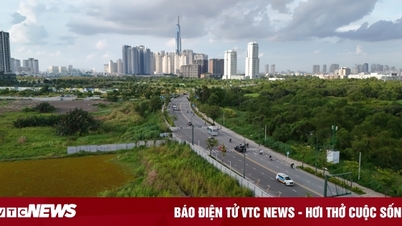


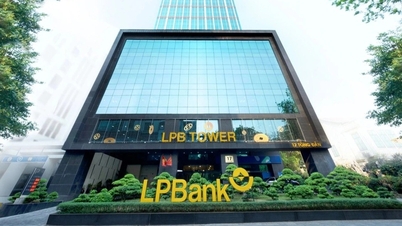







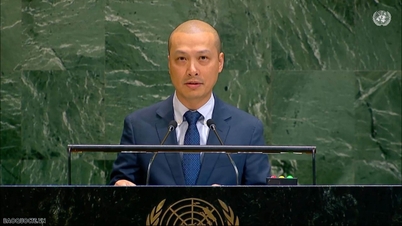







































































Comment (0)